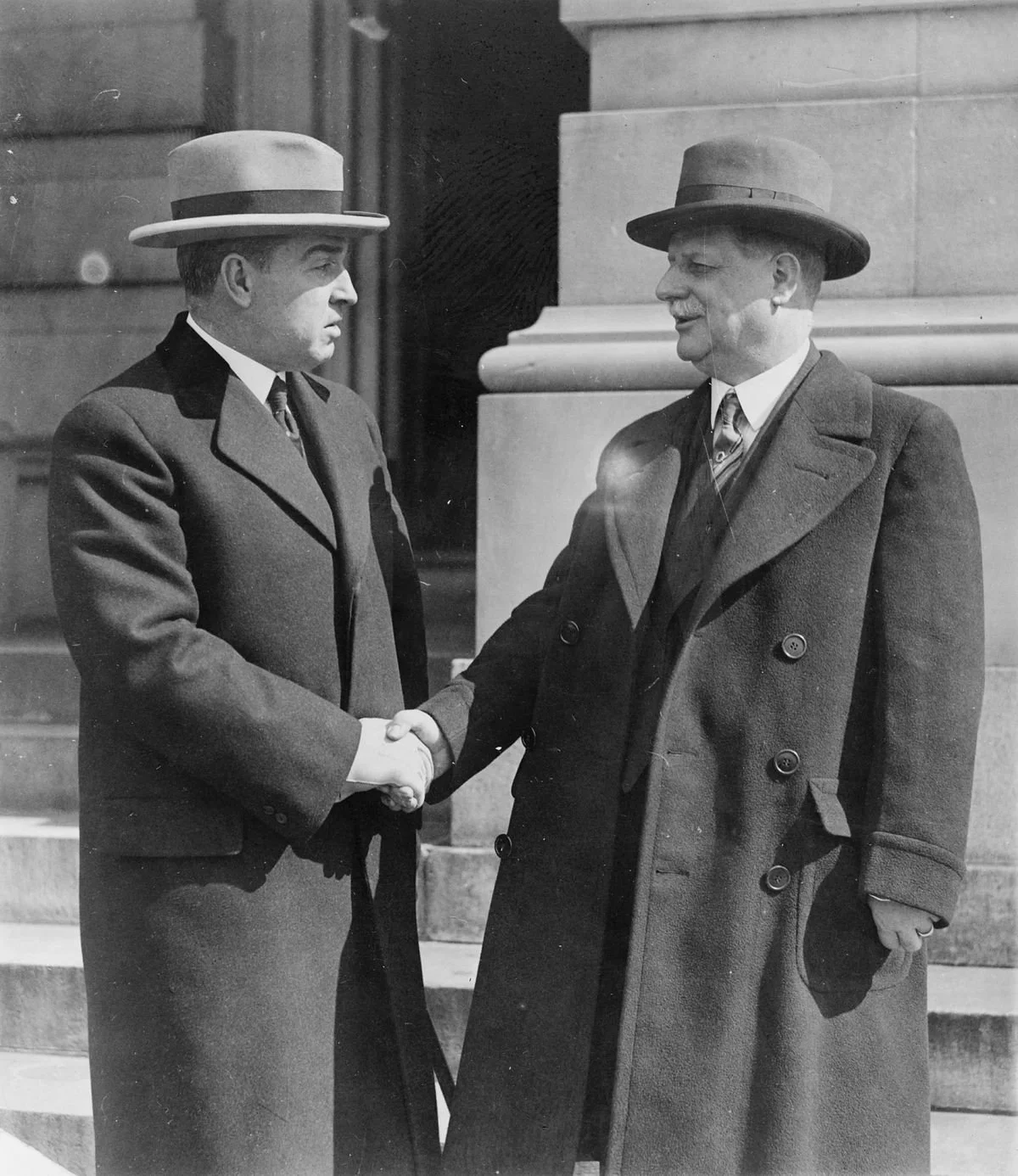The Perfect Handshake Etiquette Guide - Part II
Should this be your first visit to this guide, I highly recommend you check out Part I of our perfect handshake etiquette guide to cover all bases.
Having understood and mastered the shake and grip itself, we will now cover the general etiquette of shaking hands with one another, the procedure, customs, and timings.
When to shake hands?
Offering your hand is accepted and suitable across many cultures and situations and it will rarely be the case when doing so is a bad move.
If in doubt, observe the room, company, or person, and decide whether it's a good idea. It's unlikely that a room full of people networking or socialising won't be shaking hands, regardless - do what they do.
Who extends their hand first?
It has been suggested that seniority and gender no longer matter here in our modern times. While this is generally true, I disagree with prescribing this as a rule.
Tradition suggests you wait for more senior persons (by age or rank) or women to extend their hand first. You will still see this rule in action where social statuses are discernibly different, i.e., colleague meets CEO or President meets plumber.
Otherwise, a handshake should occur irrespective of who extends their hand first. Remember, in Part I we covered what the gesture represents - a simple act of openness and trust.
Handshake Timing
Handshakes ought not to go on for too long. The up and down motion known as a handshake 'pump' should be no more than 2-3. In business etiquette, two is quite enough, such is the efficient and fast-paced nature of business. This will vary slightly across some cultures (not a lot), but that is a topic for another time.
Handshakes take place at the very beginning of the greeting and/or at the end. Do not wait for some minutes after introductions to extend your hand.
General Mistakes & Tips
Always remove your gloves before shaking hands as a sign of respect and openness. In various cultures, such as Russia, it is considered a superstitious act and is a rule carefully followed.
Try not to shake hands over a table or any obstacle, and do not shake hands sitting down (including if only one person is seated). Always rise to shake hands upon greeting or exiting.
Don't walk across the room from afar with your hand out, but when 2-3 steps away from approaching the oncoming person.
Maintain eye contact.


